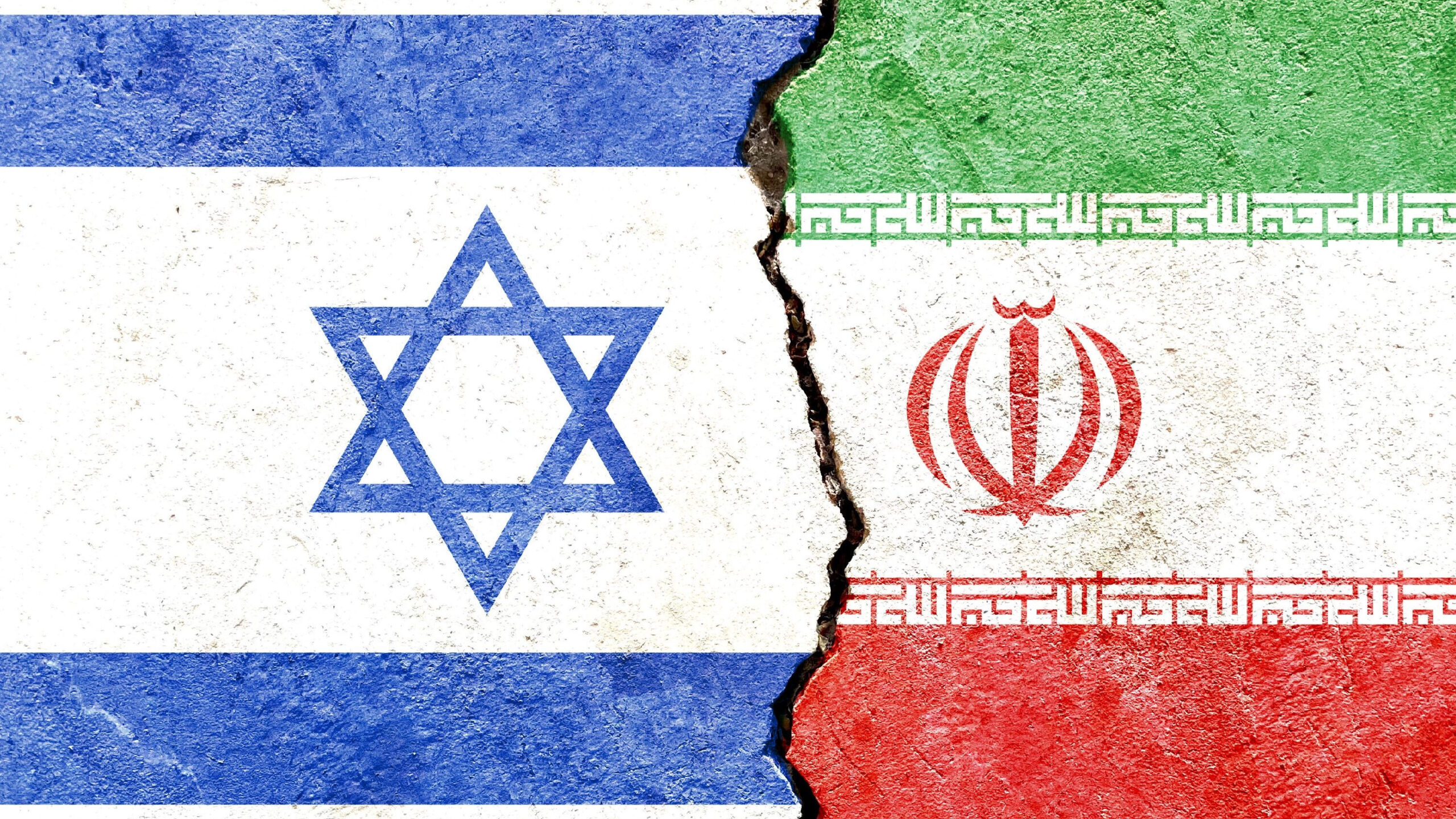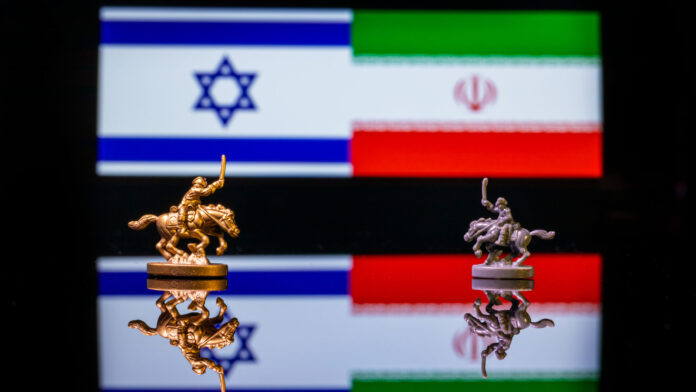Tensions between Iran and Israel have long been a focal point of instability in the Middle East. Escalation into open conflict between these two nations could have profound consequences, not only for the region but for the global economy and geopolitical landscape.
At the heart of the dispute are deep-rooted political, ideological, and security concerns. Iran’s nuclear ambitions and support for proxy groups across the region have fueled Israeli fears of existential threats. Israel, in turn, maintains a policy of active defense to prevent Iran from acquiring nuclear weapons capability. Recent incidents, including targeted strikes and cyberattacks, have heightened the risk of a broader confrontation.
A military conflict between Iran and Israel could severely disrupt global oil supplies. The Middle East is a critical hub for the world’s energy markets, with the Strait of Hormuz serving as a chokepoint for approximately 20 percent of global oil exports. Any disruption to shipping lanes could lead to sharp increases in oil prices, impacting energy costs worldwide and potentially triggering inflationary pressures.
The conflict may also exacerbate existing geopolitical rivalries, drawing in regional powers and global stakeholders. Countries such as the United States, Russia, and China have vested interests in Middle Eastern stability and could be compelled to respond diplomatically or militarily, raising the stakes of escalation.

Beyond energy markets, global supply chains could face significant challenges. The Middle East serves as a transit corridor for goods between Asia, Europe, and Africa. Prolonged instability could disrupt trade routes, increase insurance costs, and deter investment in the region.
Humanitarian concerns would be severe, with the potential for significant civilian casualties and displacement. Refugee flows could strain neighboring countries, impacting regional stability and international aid efforts.
For countries outside the Middle East, including Sri Lanka, the ripple effects could be substantial. Increased fuel costs would affect transportation and production expenses, potentially slowing economic growth. Market volatility and uncertainty may dampen investor confidence and disrupt trade flows.
Diplomatic efforts remain critical in preventing escalation. International actors are urging restraint and dialogue to address underlying issues through negotiation and multilateral frameworks. Sustained peace would be essential to maintaining global economic stability and security.
In conclusion, while the prospect of an Iran-Israel conflict is deeply concerning, its global impact underscores the interconnected nature of today’s world. Monitoring developments and fostering diplomatic solutions are imperative to avoid a crisis with far-reaching consequences.




